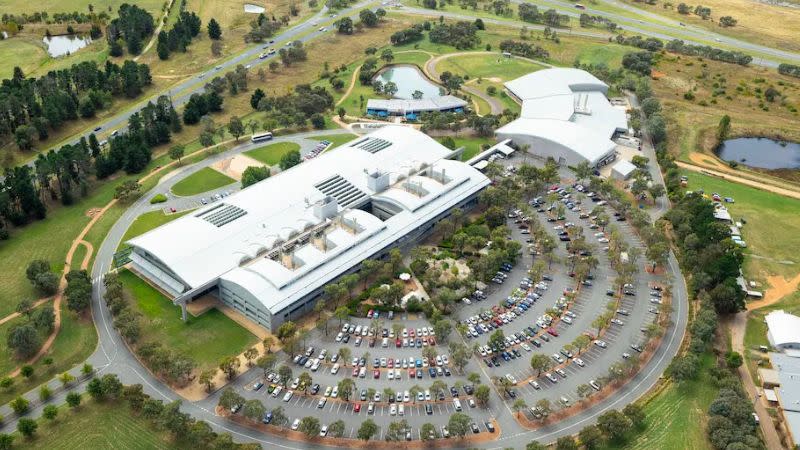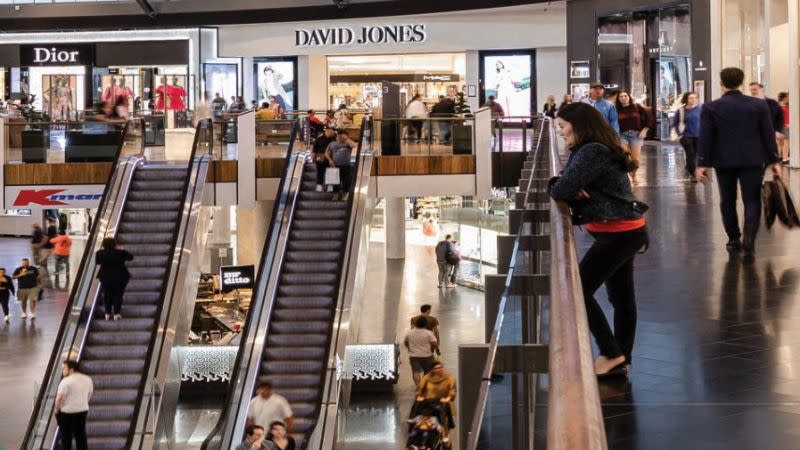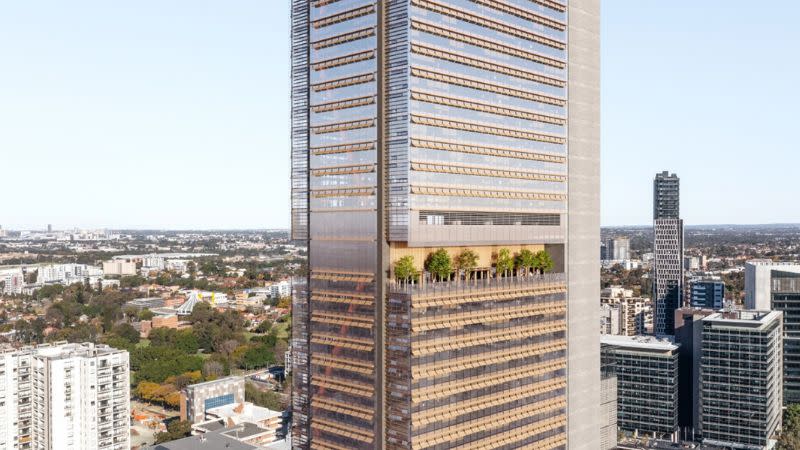Charter Hall, GPT Bullish Despite Headwinds

In the latest tranche of results released to the ASX, Charter Hall and General Property Trust (GPT) both posted a sharp decline in profits in their respective half and full year results.
Both companies focused on resilience and diversity in their announcements to shareholders, looking to steady investor sentiment in a challenging environment for development.
However, they could not deny the subdued marketplace, particularly when it comes to office and retail in the next 12 to 18 months.
Charter Hall
At Charter Hall, half year revenues declined 16.4 per cent to $473.1 million.
Profit after tax also dipped to $226.5 million from $517.8 million in the comparable period last year, a decline of 56.3 per cent.
Property funds under management grew 11.2 per cent to $7.3 billion driven by $4.3 billion of net acquisitions, positive revaluations of $300 million and capex spend, predominantly on developments, of $2.7 billion.
During the period, Charter Hall’s property investment portfolio value increased by $126 million to $3 billion, and generated a 10.4 per cent total property investment return.
This segment contributed $66.5 million in earnings, down slightly from $71.6 million in the same period in 2021.
Development investment contributed $30.4 million, up from $27 million.

Earnings resilience and diversification of the property investment portfolio continued to be the portfolio’s key strength, Charter Hall said, with no single asset representing more than 5 per cent of portfolio investments.
Despite headwinds in the sector, Charter Hall said it experienced “strong leasing momentum” within the office space with 258,368sq m leased across 167 deals.
Similarly, industrial and logistics leasing saw 477,470 sqm leased across 46 deals.
Charter Hall’s managing director and group CEO David Harrison said that the company’s focus continued to be creating “sustainable and resilient portfolios that deliver earnings growth for investors through all market conditions”.
Charter Hall has recently splashed $67 million on an education precinct in Westmead for Western Sydney University and a further $85 million alongside Abacus Group which will be spent on its recently-approved Elizabeth Street office extension in Sydney CBD.
The first stage of its $1.5 billion office development at 555 Collins Street is also set to complete this year.
GPT
GPT reported “strong results” for its full year to December 2022, as it benefitted from “the diversification and quality of its asset portfolio” according to Moody’s Investors Service vice president Saranga Ranasinghe.
Revenue at the trust, which recently revealed plans for a 'next gen' tower in Parramatta, grew to $815.5 million up from $795.2 million for the year.
However, GPT saw an overall portfolio revaluation loss of $159.3 million, with office taking the biggest hit, declining $316 million, while logistics and retail grew $63.4 million and $93.3 million respectively.
Statutory net profit after tax was $469.3 million compared to $1.4 billion in the prior year, predominantly due to a net investment property valuation decrease of $159.3 million compared with a net revaluation gain of $924.3 million in the prior year.
All three of GPT’s business segments reported an improvement in funds from operations and it has 97.5 per cent occupancy across its portfolio.

GPT acknowledged that the office sector faced headwinds during 2022 as organisations “remained uncertain about their future requirements”.
However, GPT said that office lease enquiry improved over the second half of the year after a muted first half, “although leasing conditions remain subdued with elevated market vacancy and larger occupiers continuing to evaluate future space requirements as the adoption of hybrid work arrangements becomes more normalised”.
Its logistics portfolio saw “robust levels of tenant enquiry and market vacancy rates at historic lows”.
Meanwhile despite expectations of pressures impacting consumer spending, its retail portfolio is “well positioned with strong sales productivity and high occupancy”.
Proceeds from the sale of Casuarina Square in Darwin, co-owned by GPT and the GPT Wholesale Shopping Centre Fund will be redeployed into new opportunities to generate long-term value for investors.

During the year, GPT was appointed by UniSuper to manage its $2.8 billion direct real estate portfolio and it was subsequently selected by UniSuper and Cbus Property to manage the $2.7 billion Australian Core Retail Trust (ACRT) which commenced in December 2022.
The company said it was a “strong endorsement” of the group’s capabilities.
Moody’s said it expects office segments to continue to face headwinds for the next 12 to 18 months, and it highlighted that GPT has a higher exposure to Paramatta and Melbourne, “which are weaker than the Sydney office market”.
The investor service expects retail sales to moderate and put pressure on retail tenants and earnings.
“Still, the return of international travelers, specifically Chinese tourists and students, should have a positive impact on the performance of GPT’s assets,” said Moody’s vice president Saranga Ranasinghe.
“GPT’s overall interest costs will continue to increase and further weaken interest coverage ratios.
“However, we still expect GPT to maintain headroom against our rating tolerance levels and benefit from the diversification and quality of its assets.”














